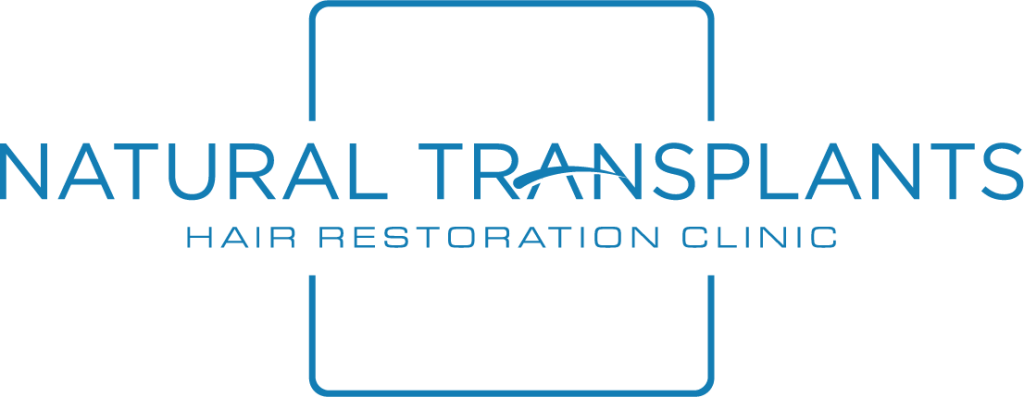Hormone Imbalance and Hair Loss: What You Should Know
If you notice your hair is falling out, it may be due to hormonal changes. In fact, hormone imbalances are one of the common causes of hair loss in women.
If you suspect recent hair loss is from hormone imbalances, keep reading to learn what you can do to address the issue.
Article Contents:
- Signs of Hormonal Hair Loss
- Understanding Hair Loss and Hormones
- Can Hair Loss Caused by Hormone Imbalances be Reversed?
- Treating Hair Loss
Signs and Symptoms
Hormonal hair loss symptoms vary from person to person. However, here are some common signs and symptoms to look for:
- patchy hair
- shedding
- excessive
- prolonged hair growth
- hair falls out more easily
- balding in certain areas of the head
In addition, here are some signs of hormone imbalance to be aware of.
Understanding Hormonal Hair Loss
Which Hormone Causes Hair Loss?
Dihydrotestosterone (DHT) is made from testosterone and is more concentrated in the hair follicles on the top of your head.
Can Hormone Imbalance Cause Hair Loss?
Hormonal imbalance and hair loss in both men and women, however, it is more likely to happen in women. Women have lower levels of testosterone than men, meaning they experience more hair loss when exposed to higher levels of DHT. In women, one of these hormones is estrogen, which helps your body grow and develop. The other is progesterone, produced by the ovaries during pregnancy and prepares the body for nurturing a child.
What Causes Hair Loss Due to Hormone Imbalances in Women?
Low estrogen and hair loss are related – estrogen is the only hormone directly influencing hair growth. Hair loss is a risk if a woman’s estrogen levels are low. It’s important for normal cell production and prevents cells from aging prematurely in the skin, muscles, blood vessels, and brain.
Hair loss in women is usually caused by an imbalance of the two main female hormones, estrogen, and progesterone. Postpartum and hair loss are common causes for women who deliver babies.
The fluctuation of female hormones causes menopause or Perimenopause and hair loss. Women experience several hormonal changes during this life stage. PCOS, or polycystic ovarian syndrome and hair loss, is common due to the imbalance of female hormones.
Can Hair Loss Due to Hormone Imbalance Be Reversed?
Hormone imbalance can be treated with the right treatment. Hormone replacement therapy (HRT) is a safe treatment that replaces hormones in women when they are no longer produced. Hair loss due to hormone imbalance can be reversed with a healthy diet, proper rest, exercise routine, and natural supplements.
Treating Hair Loss From Hormone Imbalances
There are many medications and treatments are available to address both hormonal changes and hair loss.
A good starting point is to get tested for hormone imbalances. Typically, a blood test is involved to detect hormone levels. You may also consider visiting a dermatologist to confirm the cause of hair loss.
One of the most effective natural supplements for hair loss is Follixin, which boosts hair growth and has a very good safety profile. It’s important to talk with your doctor about the types of hormone treatments available to you so you get the best care possible.
Finally, following a healthy diet will help address hair loss. There are certain foods that can help regrow hair affected by hormone imbalances.
In Closing: Hormone Imbalance and Hair Loss
Hair loss or baldness can be the result of a hormone imbalance. This is more common in women who have just given birth, menopausal women, and women with the polycystic ovarian syndrome. If you are experiencing hair loss, seeing a doctor to ensure it’s not related to another health condition is important.

